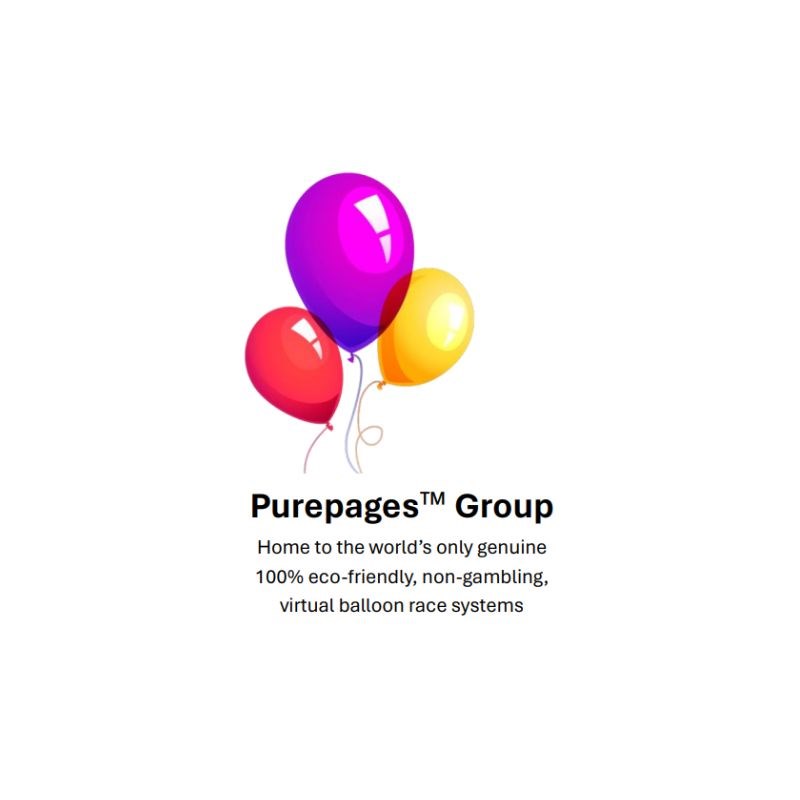Written by Mike Phillips, Managing Director of Purepages (March 2024)
The recent Guardian headline (03.02.2024) is stark - Charities warn of devastating knock-on impact of English councils’ financial crisis. And that’s on top of Covid-19 repercussions and the Government’s recently announced economic recession pushing personal donations off the cliff too.
But can UK PLC step up to the plate and help bridge some of the cash shortfall?
Yes it can; the concept of Corporate Social Responsibility (CSR) is commonly understood – The self-imposed business model in which companies try to operate in ways that enhance rather than degrade communities, society and the environment. Good CSR projects can boost the brand image of companies and are a great way to raise morale in the workplace.
Evolution of Charity-Business Relationships
Post the Millennium, the archetypal charity business relationship of oversized cheque and photo opportunity is well buried. The new relationship paradigm may still involve money somewhere, but overall it is more about maximising the use of all a business partners assets, not just money, to create a long-term association.
Businesses now seek charitable causes with relevancy, a clear fit to the company’s ethos and mission statement. For example, Ecoracing, a fundraising platform described below, was involved with helping the UK Insurance Industry raise money for the Alzheimer’s Society. And that’s because there is strong medical data to suggest that over half of UK insurance workers will develop Alzheimer’s or dementia in later life.
Question / statement-based frameworks such as those found in these research white papers offer guidance on the factors that suggest suitability, relevance and the required levels of fiscal probity. For a company, making the wrong choice of charity partner could be catastrophic on their brand. Who would want to be associated with the totally discredited Captain Sir Tom Moore Foundation, for example.
Similarly, Naomi Campbell’s Fashion for Relief charity was revealed by the Daily Mail to have spent £1.6m on lavish parties at the British Museum and other high-profile locations with gallons of champagne freely available. With only a derisory £205,000 spent on service users, why would anyone give to this squandering charity?
"This White Paper is very timely. The post-pandemic world is different and nearly every aspect of life in the charity sector has changed. Never has the relationship between business and the charity sector been so important. What is not so clear is how best to achieve effectiveness and impact on both sides as we move onward. Mike’s thoughtful Paper should be required reading for all concerned.” - Dr Hugh Milroy, CEO Veterans Aid
Embracing Social Impact Statements (SIS)
Alongside greater methodical scrutiny of possible partners, Social Impact Statements (SIS) are becoming very popular too - a written document that explains how a company’s activities impact the communities within which it operates. It focuses on the social and environmental impact of the firm and typically includes topics like:
Hours of volunteer time by company employees; donations made to local communities and charities; the number of jobs created in the local area; environmental remediation projects conducted in the area; total use of renewable energy to power operations, for example.
Major organisations use SIS analysis in their Annual Reports to create a positive impression amongst stakeholders, diluting the notion that profit is the only topic that matters to them.
Fundraising
So, if after consideration, fundraising is the best fit option for your company, then finding a system that your staff like and is easy to implement for you can be problematic. Gambling is best avoided and the vast majority of staff don’t want to swim Windermere or climb Ben Nevis either, so a computer based platform is ideal. Ecoracing is the world’s only 100% eco-friendly, non-gambling, virtual balloon race with many thousands of existing clients. Uniquely, the platform uses real weather data and real interactive mapping.
Company staff, friends and family can buy a virtual balloon and personalise it with text, names, colour and patterns. In addition to this, they can change 3 different flight parameters – helium content, rubber thickness and balloon shape to suit the predicted weather forecast in order to enhance the opportunity of winning any prizes on offer.
Raising money whilst having fun has to be a winning combination, surely?
If you want to learn more about this research paper, please contact mikep@purepagesgroup.com for further discussions.
